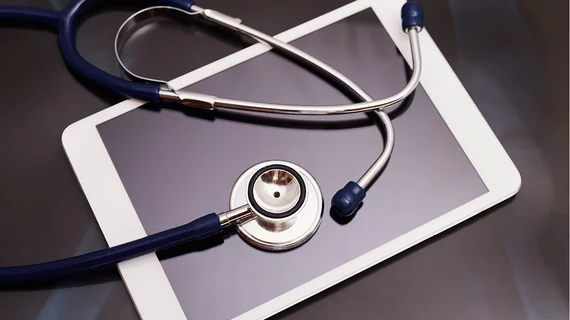Cell phones and smartphone apps may be the solution when it comes to correctly matching medical records to patients, according to a report.
In the study, the RAND Corporation looked at several options for creating a “patient-empowered” approach to improving medical record matching when they’re shared among healthcare providers.
“Electronic medical records have been adopted widely in recent years, creating the promise that all healthcare providers can easily access a patient's full medical history. Such sharing could improve the quality of care by decreasing duplicative tests and improving coordination,” the RAND Corp. said in a press release. “But sharing records across different medical systems faces challenges when trying to match records for the same patient. A 2014 report by the federal Office of the National Coordinator for Health Information Technology suggested that when providers exchange records with each other, the success rate can be as low as 50 percent.”
The study suggested using a three-staged approach through the use of cell phones and smartphone apps to improve record matching by “improving the quality of information used for record matching, establishing new functionalities of smartphone apps to facilitate transfer of this information to providers and creating advanced app functionality to further improve record matching and address other evaluation criteria.”
Additionally, the report suggests the development of technical specifications for verified data fields, best practices that allows healthcare providers to verify mobile phone numbers and pilot testing the specifications and best practices.
It also suggests developing and testing application programming interfaces and best practices for establishing bidirectional communication between a smartphone app and healthcare providers, developing advanced app functionalities to improve value and establishing a governing body to oversee national progress in record matching.

